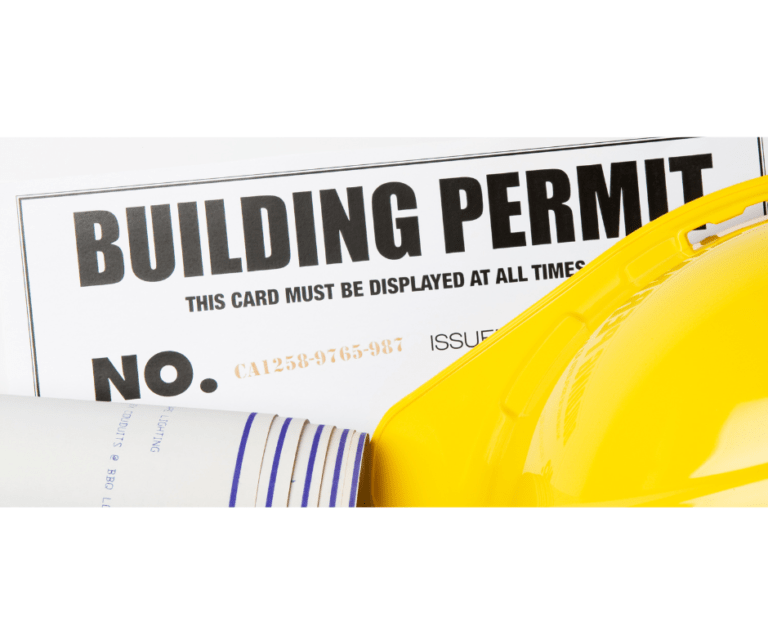
By Subcontractors USA News Provider
The Department of Energy is strongly committed to effective program oversight, including allegations of fraud. The Department takes such allegations seriously and is committed to keeping the public informed about fraudulent practices.
A growing number of companies provide energy efficiency services. While the vast majority operates in full compliance with the law, fraudulent companies and scams involving home energy products have been reported.
To report suspected fraud, waste, or abuse, including scams involving home energy efficiency services, please contact the Department of Energy’s Office of Inspector General (OIG) Hotline:
- Call: 1-800-541-1625 or 202-586-4073
- E-mail: ighotline@hq.doe.gov
- Fax: 202-586-4902
- Write: U.S. Department of Energy
Attn: Office of Inspector General Hotline
1000 Independence Avenue, S.W.
Washington, D.C. 20585 - For more information, visit the Inspector General’s Hotline Website at energy.gov.
Please provide as much information as possible. You may remain anonymous. If you provide contact information, the OIG may contact you for more information.
Tips to Avoid Becoming a Victim of Fraud:
- Beware of phone calls from people claiming to represent the United States Government. Few, if any, branches of the Federal Government would contact you in this manner.
- Beware of offers of Government grants available for a fee. As a research and development organization, the Department of Energy does not often offer grants directly to taxpayers.
- Fraudulent callers may also ask you to send money in exchange for grant information. The Federal Government does not charge application or service fees for grants or grant information. This type of activity is commonly referred to as advance fee fraud.
- Beware of a caller that claims to be endorsed by the Department of Energy. The Department of Energy does not “endorse” any provider of goods or services.
- When in doubt, ask for written verification of any items being offered.
- Never provide financial information, payment, or personally identifiable information (such as a social security number or date of birth) to an unverified caller. If you have already provided personal information to the perpetrators of such a scam, you should contact your banking institution for assistance in protecting yourself from identity theft. In addition, the Federal Trade Commission (FTC) has set up an Identify Theft Website (ftc.gov) which provides detailed information to help avoid identity theft and learn what to do if your identity is stolen.
- If you are suspicious of a phone call or product offer, ask for more information by mail, a mailing address, and phone number. Review information carefully before committing or sending any payments.
For more information, please visit energy.gov.
Source: The General Counsel







